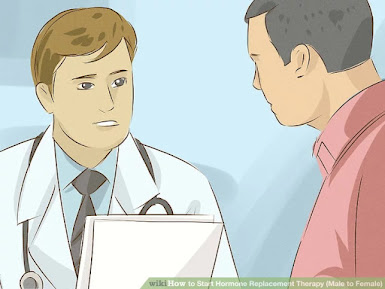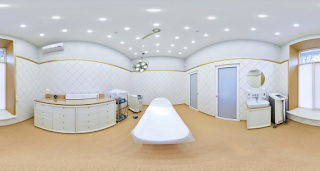A Look at the Hormone Replacement Therapy
Male hormone replacement therapy has surged in popularity over the past few years. Thousands of elder men have turned to Testosterone Replacement Therapy to restore hormone levels in the hope of refuelling energy and reigniting their sex drive.
Still, testosterone remains controversial because of its
uncertain benefits and potential health risks. Safety concerns were raised
years ago when studies showed a possible association between Testosterone
replacement therapy and a higher risk of cardiovascular disease.
Researches have shown that men aged between 52 to 63 with
a low testosterone level have no history of heart disease. Researches have
shown that fit men who received this therapy did not have a higher risk of
heart attack, stroke, or death.
This therapy’s relationship with other health issues is
also mixed. For instance, TRT has previously been tied to a higher incidence of
prostate cancer.
The main point is that the
long-term risks of TRT are still unidentified. But this does not mean that one
should avoid this treatment. For a selected group of men, this therapy can be a
feasible option.
Who Should go for the
treatment?
You need to have both low levels of testosterone and several symptoms to
get a prescription for TRT. At times, it is possible to have low levels and not
experience any symptoms. But if you do not have any of the key symptoms,
especially fatigue and sexual dysfunction, which are the most common, it is not
recommended you go on TRT given the current doubt about long-term safety.
Weight has a greater impact on testosterone levels than
aging. As your weight
goes up, testosterone levels go down. Men also need to understand the limits of TRT, as many
envision it as a type of fountain of youth. “Its impact is less than what many
men would expect. Not only in men but this problem can also be faced by women
as well who have a low estrogen level. Therefore, estrogen therapy for females is also in very
much demand these days. These therapies are usually given by either gel
application or injection. With a gel, you spread the daily dose over both upper
arms, shoulders, or thighs. Injections are usually given into the buttocks once
every two weeks. Both the methods have their advantages. However, you have to
be careful to avoid close skin contact for a few hours, especially with the
opposite partner as the hormones can cause acne or hair growth. With
injections, hormone levels can rise to high levels for a few days after the
injection and then slowly come down. This can cause various mood swings.


Comments
Post a Comment